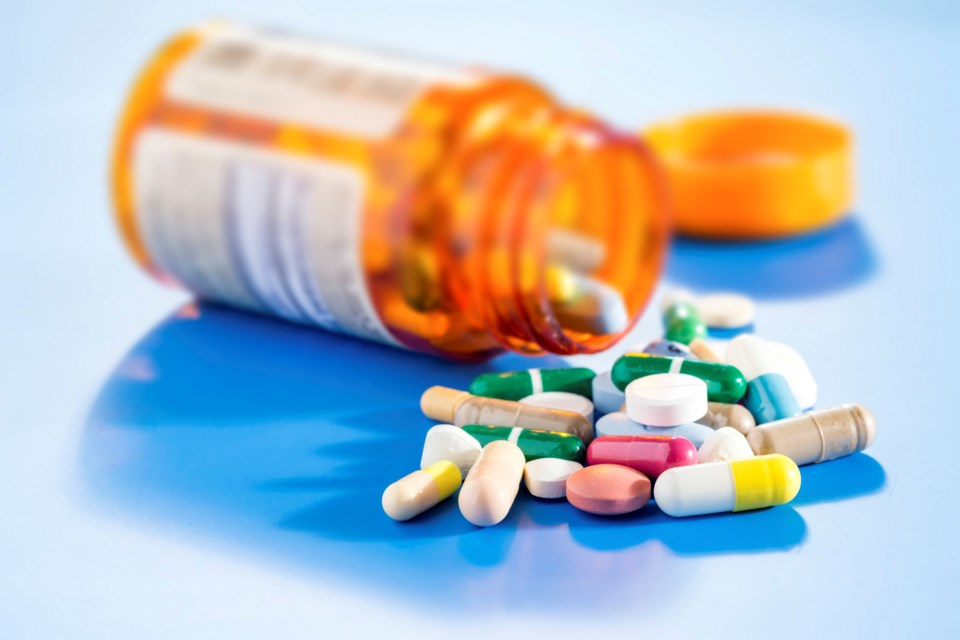Have you heard about the вҖңmorality pillвҖқ? ThereвҖҷs growing buzz in the press about a chemical upgrade to ethical thinking.
The notion of pharmaceutically-ennobled consumers has a long pedigree. вҖңIf it is within our reach to [chemically] increase manвҖҷs suggestibility, it will be soon within our reach to do the opposite, to counteract misplaced devotion and that militant enthusiasm, both murderous and suicidal, which we see reflected in the pages of the daily newspaper,вҖқ wrote Arthur Koestler in his 1967 book The Ghost in the Machine.
The authorвҖҷs musings about a magic pill for what he called вҖңHomo maniacusвҖқ was roundly derided by critics of the time. Since then thereвҖҷs been an explosion of mood-altering drugs вҖ” both legal and illegal вҖ” yet KoestlerвҖҷs pharmaceutical silver bullet remains vapourware to this day.
Hopeful speculations came and went, and then came again. Since 2011, editorials about a possible morality pill have been popping up with growing frequency in the mainstream mediaвҖҷs opinion-shaping portals.
вҖңIf continuing brain research does in fact show biochemical differences between the brains of those who help others and the brains of those who do not, could this lead to a вҖҳmorality pillвҖҷ вҖ” a drug that makes us more likely to help?вҖқ wrote ethicist Peter Singer in a New York Times editorial.
Yet morality isnвҖҷt reducible to straightforward empathy (a state of mind that can be amplified by so-called вҖңempathogens,вҖқ which are illegal drugs with tightly prescribed research use). Any given ethical quandary usually depends on deciding among two or more difficult alternatives. Such decisions involve a host of complex personal and cultural variables, channelled through the brainвҖҷs association areas, language areas, frontal cortex and emotion-mediating mid-brain. The self, in effect.
Just because this extraordinarily subtle process is mediated through neurotransmitters doesnвҖҷt mean it will be вҖңimprovedвҖқ by molecular tweaking.
Sure, itвҖҷs appealing to think of Premier Christy Clark popping a capsule before bedtime and waking up in the morning sick with the knowledge that itвҖҷs very, very wrong to turn the B.C. legislature into a big, gothic whorehouse for corporate benefactors. ItвҖҷs uplifting to fantasize about Prime Minister Justin Trudeau, goofed on a martini and morality pill combo, turning with teary eyes to his lovely wife and saying, вҖңWhy did I ever go back on my promise to voters about electoral reform? I must introduce a bill tomorrow.вҖқ
Yet I doubt such medication, assuming it вҖңworks,вҖқ will be marketed for, or consumed by, the uppermost tiers of society.
And whose morality? For what purposes? The greatest horrors in history werenвҖҷt perpetrated by amoral monsters but by the opposite: morally upright ideologues, prepared to convert others at the barrel of a gun or by turns of the rack. From the InquisitionвҖҷs witch hunt to the Khmer RougeвҖҷs murderous agrarian reform and beyond, civilized people donвҖҷt suffer from a shortage of moral certainty, but an excess of it.
Guy Kahane, deputy director of the Uehiro Centre for Practical Ethics at the University of Oxford, has some doubts about psychocivilizing a population into ethical excellence. вҖңIt would be self-defeating, or worse, to try to promote morality through brutal coercion,вҖқ he observed in a 2011 Globe and Mail editorial.
Ya think?
Last week on CBC RadioвҖҷs The Current, a series of experts touched on the moral question of leaders in business or government dictating morality by medication. Koestler acknowledged this ethical Mobius strip a half-century ago: вҖңI am aware that вҖҳcontrol of the mindвҖҷ and вҖҳmanipulating human beingsвҖҷ have sinister undertones. Who is to control the controls, manipulate the manipulators?вҖқ
Exactly. Will drug researchers, marketers, lobbyists, and legislators beta test morality pills on themselves, and suddenly realize they might be constructing an ethical PandoraвҖҷs Box? And proceed anyway once the effects wear off?
ThatвҖҷs assuming such medication works as advertised. Decades after SSRI antidepressants became the stock-in-trade of psychiatric health care, a meta-analysis of peer-reviewed studies revealed the drugs вҖңsignificantly increase the risk of both serious and non-serious adverse events.вҖқ
Once again, I smell вҖңjunk scienceвҖқ softening up the public for a whole new line of highly-profitable, dangerous manipulation by the usual suspects. A вҖңmorality pillвҖқ belongs in the pages of sci-fi novels, not in on physiciansвҖҷ shelves or in the public water supply.
geoffolson.com



